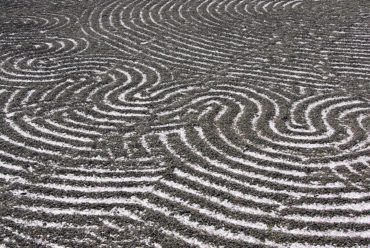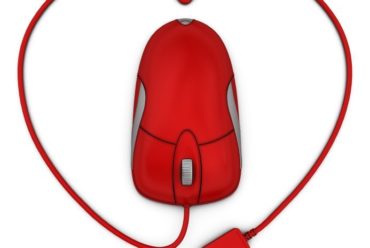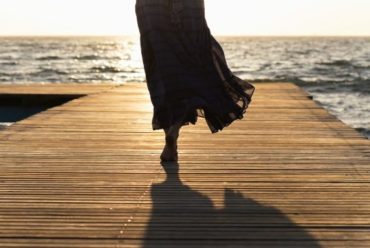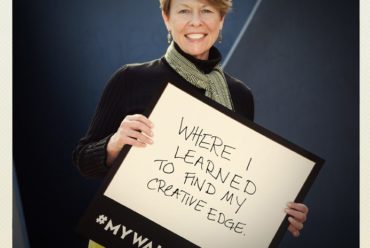Buy a Shoe, Give a Shoe
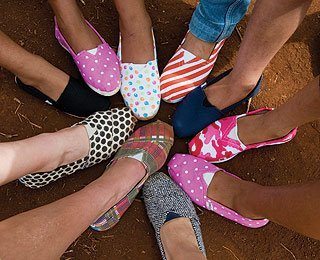 While on my visits to Peru, I learned about the Quechua concept of ayni. The theme is integral to the country’s indigenous cosmology and, according to writer J.E. Williams, “…ayni manifests as mutual sharing, respect and understanding the needs of others. By reciprocating all the good that comes to you from others, nature and the spirit world, you become more benevolent. In doing so, the circle of life is complete.”
While on my visits to Peru, I learned about the Quechua concept of ayni. The theme is integral to the country’s indigenous cosmology and, according to writer J.E. Williams, “…ayni manifests as mutual sharing, respect and understanding the needs of others. By reciprocating all the good that comes to you from others, nature and the spirit world, you become more benevolent. In doing so, the circle of life is complete.”
Seeing indigenous spiritual leaders practice ayni at 15,000 feet in the Andes feels a natural extension of the universe at work. Seeing it in corporate America is quite another thing altogether.
While driving home one night, I heard an interview on NPR with Blake Mycoskie, the founder of Toms Shoes. Blake started Toms a few years ago after seeing the shoes of farmers in Argentina. Inspired to perfect the humble design, he added rubber soles and colorful fabrics, looked at market potential and conducted the due diligence any entrepreneur might. He set a price, put the shoes up on the Internet and began contacting retail outlets. It was a typical start up, in many ways.
Except his business model had an important detail, one that has defined his brand and created fiercely loyal customers and employees. For every pair of Toms shoes that Blake sells, he donates a pair to a needy kid in Argentina or Africa.
Blake personally goes on nearly every trip to hand deliver the shoes to kids who now can run and play soccer on fields of dirt. He brings along employees and—get this—customers—who want to experience this unique form of reciprocity personally.
Now there are people all over the country, buying pairs of Toms shoes because someone will be helped in turn. A most beautiful example of ayni that even the most remote Quechua shaman would understand.



